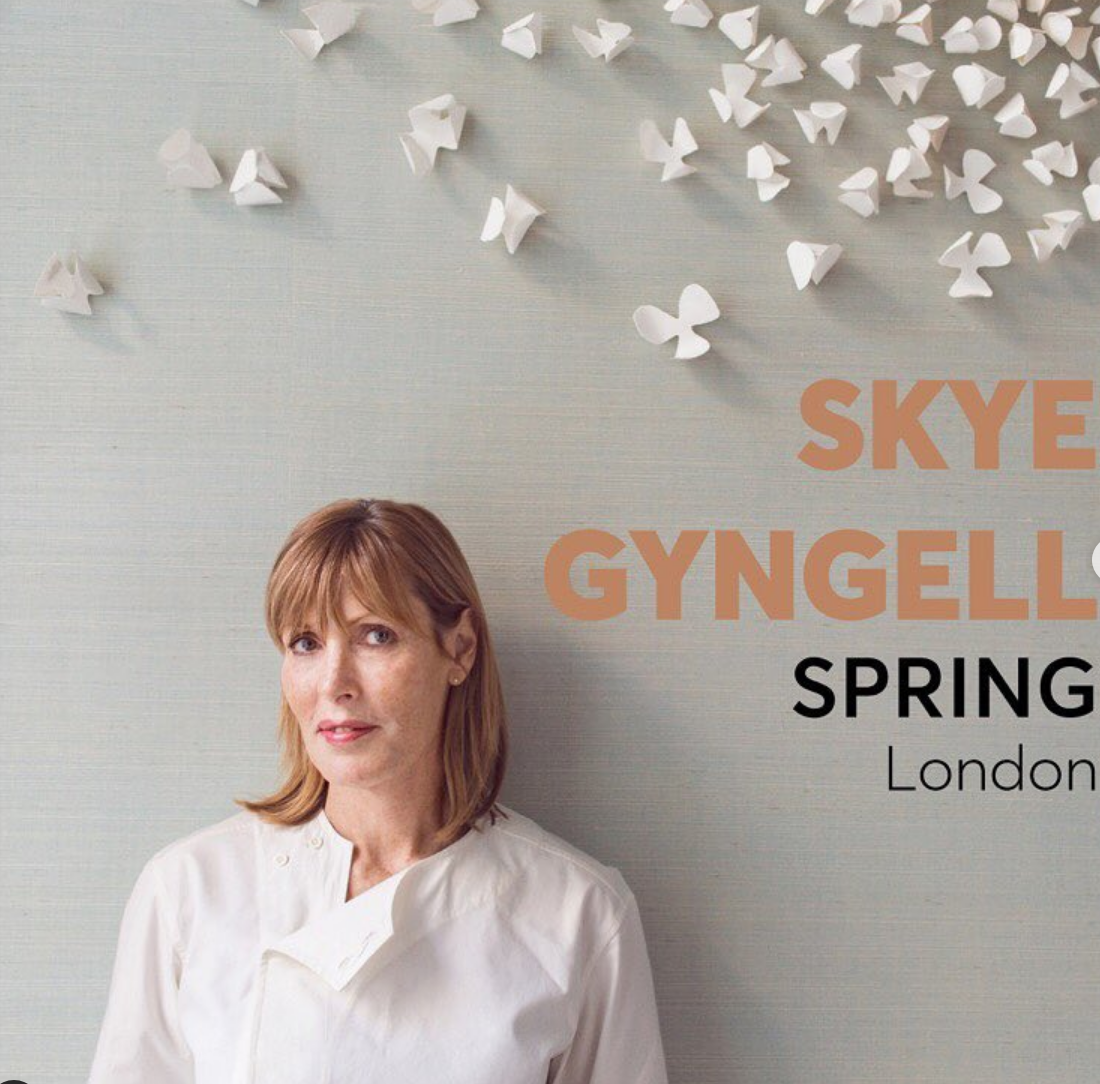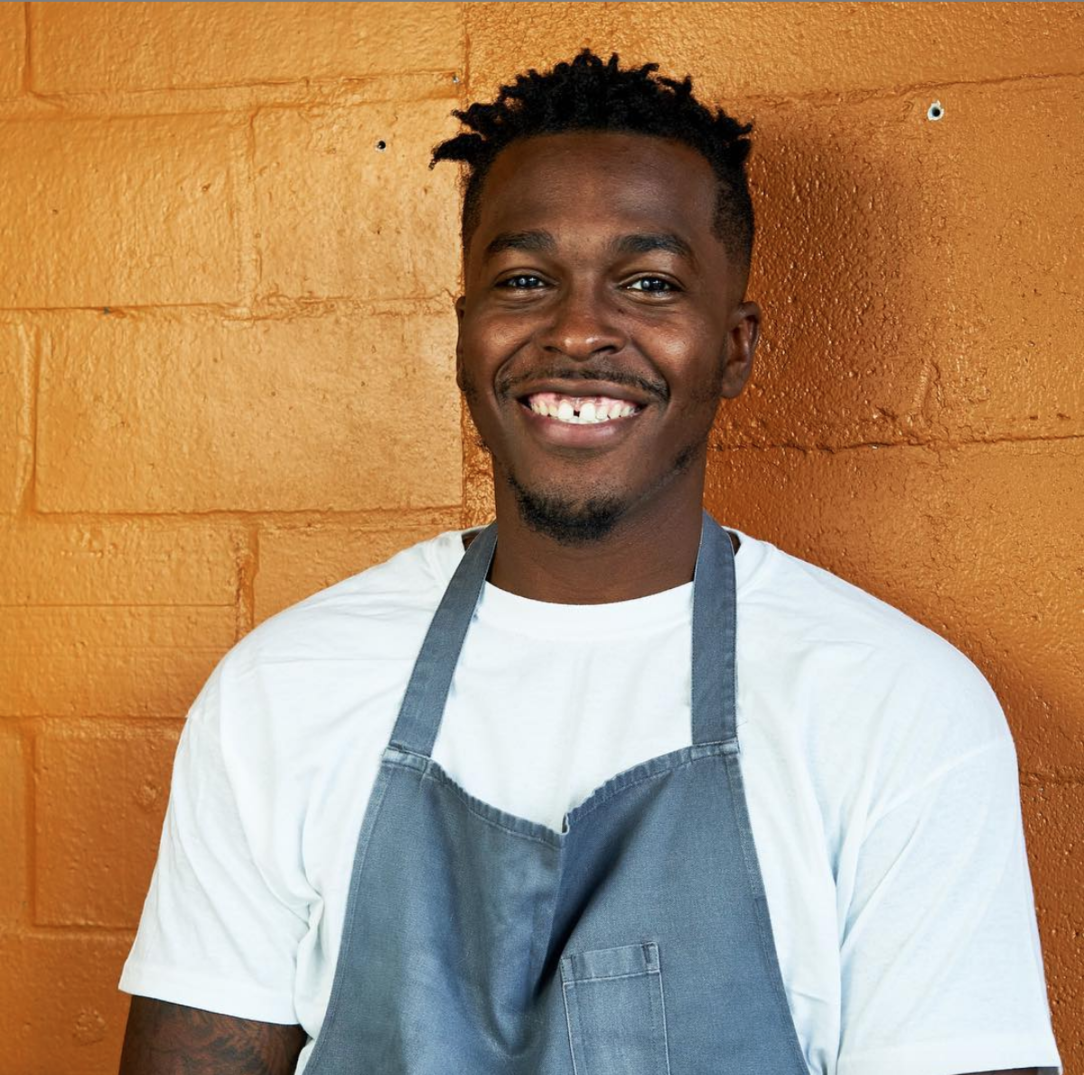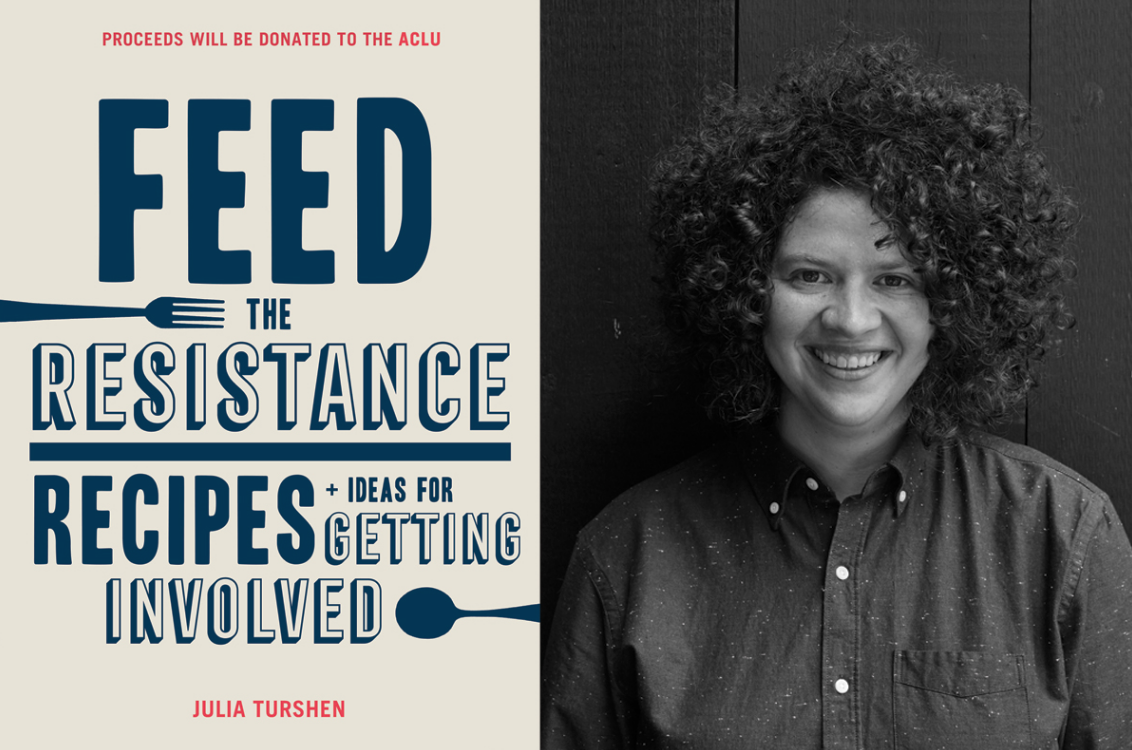Food for Thought
Image courtesy of Silo London Instagram
By Ben McCormack
Has any chef ever been more of a disruptor to our idea of eating out than Anthony Bourdain? The American chef, author and TV presenter was catapulted to fame in 2000 by his bestselling memoir Kitchen Confidential, which lifted the lid on what goes on behind the scenes in restaurants. Twenty years later, the book – originally a New Yorker essay entitled ‘Don’t Eat Before Reading This’ – still has the capacity to turn the stomach of even the most hardened, hygiene-indifferent diner.
A year after his death, however, Bourdain’s birthday has been immortalised on social media as #bourdainday. While I’d never pass up the opportunity to praise Bourdain, the trajectory of his media career encapsulates how the opportunity for disruption is a brief one. One day you’re an iconoclast; the next, you’ve become an institution.

Assuming that the disruptor is human, of course. For the biggest disruptor of our eating lives – and one with no end in sight – is undoubtedly climate change. The United Nations recently published its 1,200-page Special Report on Climate Change and Land, highlighting the threat to the world’s food supply posed by the overuse of natural resources.
Hats off, then, to the humans working in the restaurant trade trying to make the future a more humane place. People such as Douglas McMaster, the chef whose Silo restaurant claims to be “the only truly zero-waste restaurant in the UK”. Silo not only composts every piece of leftover food on site but wasted glass and plastics are transformed into ceramics for diners to eat from. Many ingredients are foraged and still more preserved, pickled and fermented to increase their shelf life. Silo started life in Brighton, the only place in the UK with a Green Party MP, but its planned move to London proves that its big ideas can flourish in the big city.
Then there’s Skye Gyngell, the chef-patron of Spring at Somerset House, who stopped using plastic straws in September 2017 (a year before McDonald’s) and six months later eliminated single-use plastics. An early-evening ‘Scratch’ menu, meanwhile, offering three courses of leftover ingredients for £20, means that the restaurant now only wastes 4% of its food. (The UN estimates that 35% of food is wasted globally.)
What’s more, Heckfield Place, the luxury Hampshire hotel where Gyngell is culinary director, will soon be home to the biggest biodynamic farm in England. But it’s not just the restaurant world taking note: everyone from Shoreditch’s Clove Club chefs to representatives of the yachting industry have paid Spring a visit to see how they, too, can eliminate single-use plastics and turn their backs on industrialised farming.
The UN report recommended that plant-based food is one of the key areas we can fight climate change. But how to persuade carnivores to give up bacon, famously the deal breaker for many meat-eaters who are considering turning vegetarian? Step forward Beyond Meat, which has built a market valuation of $12bn and is currently developing a plant-based substitute for bacon. No news yet on what it’s going to be called, but I wouldn’t bet against ‘fakeon’.

Plant-based bacon is just one example of new ways of thinking that could stop our daily food choices from destroying the planet. Beyond Meat is the main rival of Impossible Foods, which invented the Impossible Burger, aka the vegan burger that bleeds. Horizon Ventures was an early investor in Impossible; now the venture capital firm has pumped $2.6m into Seattle-based Atomo Coffee, which is developing ‘molecular coffee’ made from chemical compounds. Atomo says it wants to offer a sustainable alternative to the deforestation caused by the expansion of coffee farming.
But it’s not just the future of the planet that disruptors are forcing us to confront. At the critically acclaimed Indigo restaurant in Houston, each course comes with an explanation from chef Jonny Rhodes on how the dish intersects with issues of social justice such as slavery, imprisonment and economic freedom. That last issue is central to Rhodes’ mission to change perceptions of African-American cuisine. First off, Rhodes is charging top dollar for soul food, which has traditionally been seen as the poor relation of European-influenced cooking in American restaurants. But he is also encouraging Indigo’s Lindale Park neighbourhood to return to the tradition of backyard vegetable gardens to create what he calls “a black agricultural economy” so that the local community grows everything it consumes – including the food supplied to Indigo.
In the words of food writer Julia Turshen, “Food is completely political”. Turshen has put her money where her mouth is. All profits from her 2017 book Feed the Resistance are donated to the American Civil Liberties Union. But forget about finding tips on easy mid-week suppers or stress-free Sunday roasts. Instead, chapters such as ‘Easy Meals for Folks Who are Too Busy Resisting to Cook’ contain recipes for packed lunches to take along to political protests – or you could use ‘Food for Crowds’ to feed the entire march.
We may all soon need those recipes to man the barricades. A recent study of 46 countries and 800 occupations by the McKinsey Global Institute found that up to one fifth of the global workforce will be affected by automation. If the biggest disruptor to the restaurant scene is the environment, the challenges posed by technology come a close second.

The Wall Street Journal recently reported that McDonald’s is developing voice-activated drive-throughs and robot-operated deep fryers with the aim of speeding up customer service. McDonald’s isn’t the only one replacing staff with robots. In July, Pizza Hut introduced a wall of lockers at a branch in Hollywood so that diners who have placed an order online can look for their name on the locker door and take their deep-pan away without ever having to interact with a human being.
True, the story in August of a Parisian waiter being shot dead by a diner because he was too slow making a sandwich is an extreme example of poor customer service. But, if the future involves a food industry so dehumanised that no eye contact is ever required for us to feed our appetites, we all need to upset the apple cart.
BIO
An award-winning London-based culinary journalist, Ben McCormack is the editor of SquareMeal and the restaurant expert for Telegraph Luxury.

